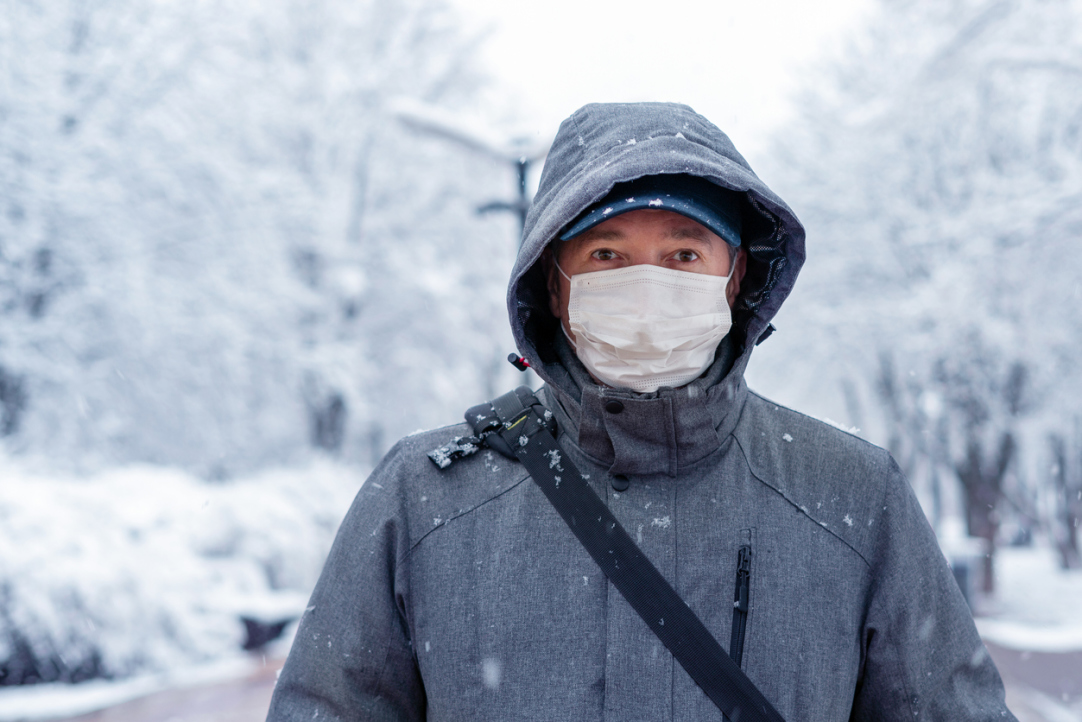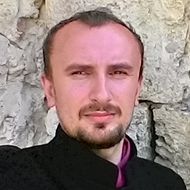COVID-19 Denial Depends on a Population’s Trust in Social Institutions

An international team of scholars studied how the COVID-19 pandemic has impacted Europeans’ stress levels and their trust in their national governments and the healthcare systems. They found that respondents were most stressed by the state of the national economy, and only after that, by the risk of catching COVID-19 and possibly being hospitalized. In Western Europe, people trust their governments more than in other EU countries. The results of the study were published in Royal Society Open Science.
The authors of the study represent over 50 universities. Among them is Dmitrii Dubrov, Junior Research Fellow at the HSE Centre for Sociocultural Research, who developed and organized the global survey, COVIDiSTRESS. The researchers studied the psychological consequences of the current pandemic-related crisis, as reflected in stress levels. Over 150,000 respondents from over 50 countries participated in the study. The results (below) include answers from 75,570 respondents in 27 countries of the European Union (EU), who were surveyed from March 30 to April 20, 2020.
The general level of respondents’ stress was measured on a 10-grade scale developed by psychologists Cohen, Kamarck, and Mermelstein (1983). This scale illustrates people’s stress levels over the course of a recent week. The study participants were asked, for example, whether they experienced a lack of control over events, felt pressure due to growing difficulties, or disappointment due to unexpected change. Scores over 2.4 points were considered moderate, while those over 3.7 were considered high.
Dmitrii Dubrov, Junior Research Fellow at the HSE Centre for Sociocultural Research

Stress is a natural human reaction to negative change. We wanted to find out how humans would behave under stress, during the pandemic, whether they would follow recommendations by the WHO and authorities on how to protect oneself and others from COVID-19.
In many EU countries, levels of stress were moderate or even low. Poland and Portugal demonstrated the highest levels of stress in Europe, while the lowest rates were registered in Denmark and the Netherlands. Women worried more about the pandemic’s consequences than men. The respondents were 74.18% female and 24.63% male.
The study participants also talked about the reasons of stress. The results showed that Europeans are most of all concerned about the state of the national economy, with the risk of catching COVID-19 and being hospitalized coming in second place. A total of 24 factors were indicated, including concerns about family and friends, work, or feeling isolated.
The respondents were also asked about their trust in the six key institutions, such as the healthcare system, the WHO, the police, social services, and national governments. Europeans demonstrate the highest levels of trust in their national healthcare systems and the WHO. Trust in national governments was lower than in other institutions. Finland and Denmark demonstrated the highest levels of trust in their governments. On the contrary, people in Bulgaria and Poland were much less inclined to trust their respective national governments.
The participants also evaluated the adequacy of anti-COVID measures implemented by their governments. Citizens of Slovenia and Slovakia believed the national measures to be excessive, while people in Hungary and France thought they were insufficient. Populations in countries were people trust their governments’ efforts better, also better comply with social distancing guidelines.
‘We have learned that COVID-19 denial depends on people’s trust in social institutions, a belief that the government won’t leave them on their own with their problems. Institutional trust in impacted by many factors, such as the level of corruption in the country. The results of our study can be used to prepare recommendations on how governments should communicate with people in situations of uncertainty. As we discovered here, the problem is global, which means that systematic work with citizen’s demands is needed,’ Dmitrii Dubrov said.
See also:
HSE Biologists Explain Mechanism behind Coronavirus Evolution
A team of researchers, including scientists of the HSE Faculty of Biology and Biotechnology, have analysed the evolutionary path of the coronavirus from the Wuhan variant to Omicron. Their findings indicate that many genomic mutations in SARS-CoV-2 are shaped by processes occurring in the intestines and lungs, where the virus acquires the ability to evade the inhibitory effects of microRNA molecules. The study findings have been published in the Journal of Medical Virology.
Russian Researchers Explain Origins of Dangerous Coronavirus Variants
HSE researchers, in collaboration with their colleagues from Skoltech and the Central Research Institute for Epidemiology, have uncovered the mechanisms behind the emergence of new and dangerous coronavirus variants, such as Alpha, Delta, Omicron, and others. They have discovered that the likelihood of a substitution occurring at a specific site of the SARS-CoV-2 genome is dependent on concordant substitutions occurring at other sites. This explains why new and more contagious variants of the virus can emerge unexpectedly and differ significantly from those that were previously circulating. The study’s findings have been published in eLife.
HSE Biologists Prepare Strategy for Universal COVID Test
Russian researchers have developed a strategy to create a cheap and rapid COVID-19 test based on isothermal amplification. According to their publication in Applied Biochemistry and Microbiology, use of this strategy will make it possible to create universal test systems for any of the COVID-19 variants.
People’s Values Affect Their Attitudes to COVID-19 Restrictions
HSE social and political analysts have established which value models and circumstances promote support for restrictive government policies aimed at combatting the coronavirus pandemic. The research is published in Plos One.
Model of Predator-Prey Relationship Helps Predict Spread of COVID-19
Researchers from the HSE Faculty of Economic Sciences have proposed a mathematical model that describes the course of the COVID-19 pandemic, taking into account the restrictions applied in different countries. The model will help governments make reasonable and timely decisions on introducing or lifting restrictions. The paper was published in Eurasian Economic Review.
HSE University Classes to Be Held On Site for All Students
Classes in the new academic year will take place on site for students of all HSE University campuses. Existing COVID safety precautions will remain in effect.
Russian Scientists Investigate the Immune Response to SARS-CoV-2 Variants
HSE University researchers assessed the effectiveness of the T-cell immune response to 11 variants of SARS-CoV-2. Their findings have been published in Nucleic Acids Research.
First-year Students Will Be Able to Get COVID Shots at HSE University
The new regulations ‘On the Organization of Studies for the 2021/2022 Academic Year’ feature in detail what will change for first-year students in the new academic year. HSE University will be organizing a vaccination drive in September for students aged 18 and over who are unvaccinated. Younger students will be eligible for vaccination once they turn 18.
New Safety Measures to Be Introduced at HSE University
Starting September 1, 2021, HSE University-Moscow is introducing new safety policies on campus to prevent the spread of COVID-19. They apply to students over 18 years old who have not had COVID during the last six months, have not been vaccinated (with a Russian or a foreign vaccine), nor have a medical exemption from vaccination. Free vaccination will be available on campus to all arriving students.
HSE University Creates the Viral Genealogy Simulator to Model the Spread of COVID-19
Researchers of HSE Tikhonov Moscow Institute of Electronics and Mathematics (MIEM), in cooperation with their colleagues from the University of California, Santa Cruz (UCSC), and The European Bioinformatics Institute (EMBL-EBI), have developed software to model the spread of the COVID-19 global pandemic. This is the world’s fastest Viral Genealogy Simulator (VGsim). For more details about this scalable simulator, read the reprint on medRxiv. The code is freely available at GitHub.


